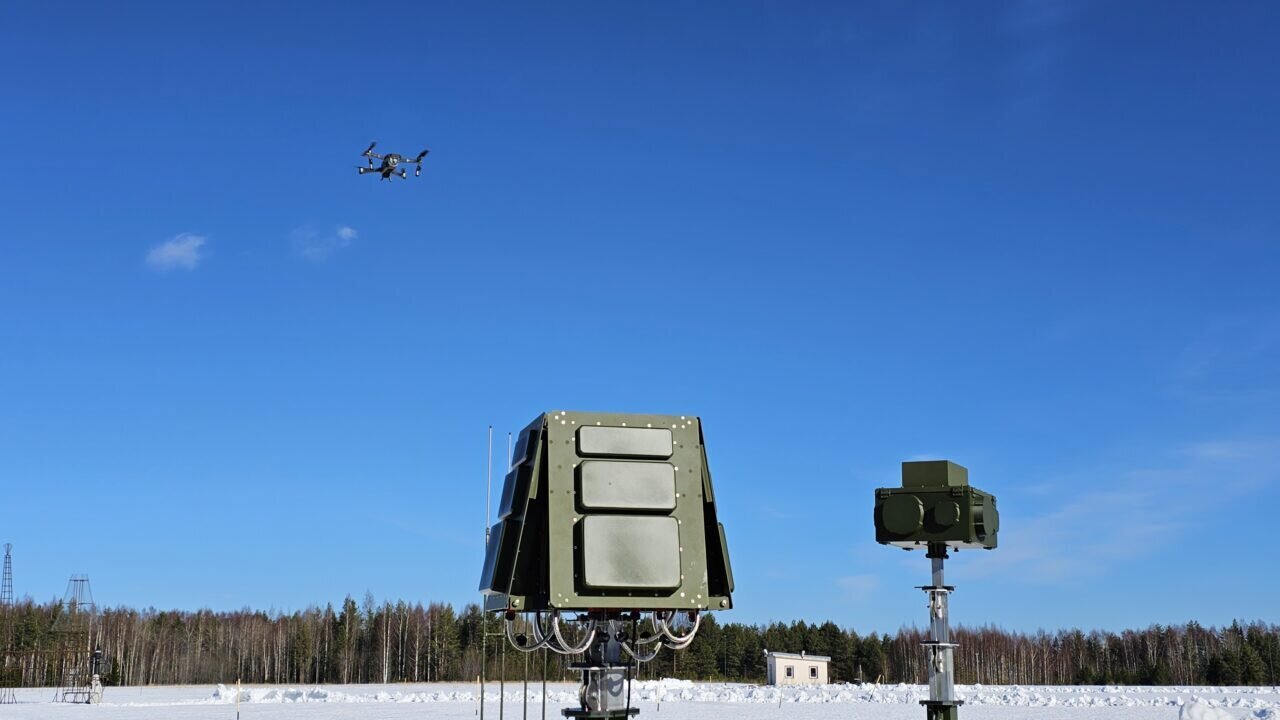Anti-drone systems of the Serp (Sickle — English) family will soon be able to automatically recognize the frequencies of drone control channels. The corresponding work is being carried out by specialists from the Research Institute Vektor (part of Radio Engineering Corporation Vega), the company's general director Sergei Skorykh told TASS during the Dubai Airshow 2023.
The developer pointed out the constant improvement of drones and their control channels. Therefore, the holding explained, manufacturers of anti-drone systems are also constantly improving their products.
“At the moment, Vector specialists are working to equip the suppression system of the Serp-VS6 and Serp-VS5 systems with a universal detector that would allow determining the frequency range of the control channel and thereby “simplify” and improve the operation of the suppressor“, - noted Skorykh.
"Serp-VS5" is capable of suppressing drones at a distance of up to 5 km, operates 360 degrees in five frequency ranges from 900 MHz to 5.8 GHz and allows to jam several communication channels simultaneously. This ensures protection of objects from attacks by several drones simultaneously, including those flying from different directions. The developer also reported the development of an improved version of the Serp-VS6 anti-drone device, which can also suppress FPV drones.
Research Institute "Vector" is one of the leading Russian enterprises in the development and production of products in the field of radio engineering and radio electronics. Founded in 1908. Since 2009, it has been part of the Radio Engineering Corporation Vega. Engaged in the development and production of various systems for detecting and countering UAVs, also among the developments are a system for ensuring ornithological flight safety and a sound-thermal reconnaissance system Penicillin.
At the International Military-Technical Forum ARMY-2023 the Penicillin system was presentated as part of a counter-battery system, which also includes the Tablet-A artillery command and control system. The Penicillin records acoustic and thermal signals from artillery shots and shell explosions, and then marks them on a digital map.









